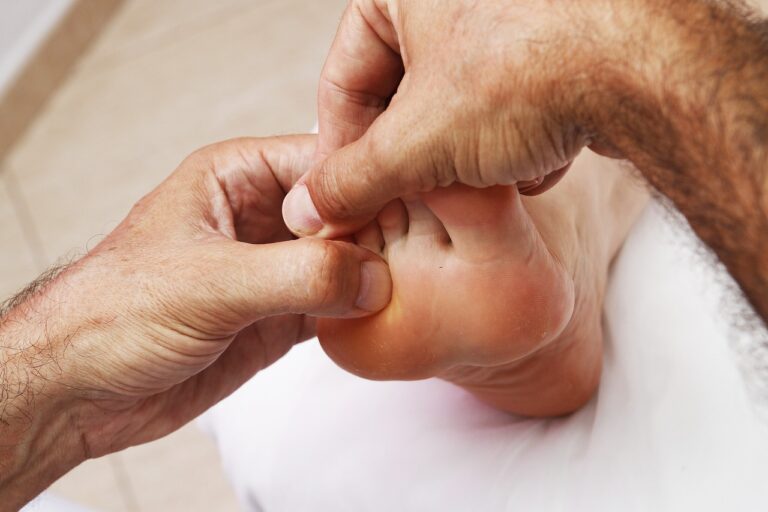The Role of Hospice Care in Pain Management: 11 x play login, India24bet, Skyfairs signup
11 x play login, india24bet, Skyfairs Signup: Hospice care plays an essential role in managing pain for individuals facing terminal illnesses. When curative treatments are no longer an option, hospice care focuses on providing comfort and quality of life for patients in their final days. Pain management is a critical component of hospice care, as it helps alleviate physical discomfort and allows patients to spend their remaining time with dignity and peace.
1. Understanding the Importance of Pain Management in Hospice Care
Pain is a common symptom experienced by individuals with terminal illnesses. Whether the pain is caused by the disease itself or by treatments such as chemotherapy or surgery, it can significantly impact a patient’s quality of life. Hospice care recognizes the importance of addressing pain promptly and effectively to ensure the patient’s comfort and well-being.
2. The Role of Hospice Care Team in Pain Management
Hospice care teams consist of healthcare professionals trained in providing compassionate end-of-life care. These teams work together to develop personalized pain management plans for each patient based on their unique needs and preferences. The team may include doctors, nurses, social workers, counselors, and other specialists who collaborate to ensure holistic care for the patient.
3. Utilizing a Multimodal Approach to Pain Management
In hospice care, pain management often involves a multimodal approach that combines various interventions to address pain from different angles. This may include medications, physical therapy, massage, acupuncture, relaxation techniques, and counseling. By incorporating a variety of strategies, hospice care can effectively manage pain and improve the patient’s quality of life.
4. Tailoring Pain Management Plans to Individual Needs
Each patient in hospice care has unique pain experiences and preferences, so it’s essential to tailor pain management plans to meet their specific needs. The hospice care team works closely with the patient and their family to understand the nature of the pain, its intensity, triggers, and any previous treatments that have been effective or ineffective. By taking a personalized approach, hospice care can provide optimal pain relief for each patient.
5. Addressing Emotional and Spiritual Pain
In addition to physical pain, hospice care also addresses emotional and spiritual pain that patients may be experiencing. Pain management in this context involves not only alleviating physical discomfort but also providing emotional support, counseling, and spiritual guidance to help patients find peace and acceptance during this difficult time.
6. FAQs on Pain Management in Hospice Care
Q: Are there any side effects to pain medications used in hospice care?
A: While pain medications can effectively alleviate pain, they may have side effects such as drowsiness, constipation, nausea, and confusion. The hospice care team closely monitors these side effects and adjusts the medication as needed to minimize discomfort.
Q: Can non-pharmacological interventions help manage pain in hospice care?
A: Yes, non-pharmacological interventions such as massage, acupuncture, physical therapy, and relaxation techniques can be effective in managing pain in hospice care. These interventions can complement pain medications and improve overall pain relief for patients.
Q: How can family members support pain management in hospice care?
A: Family members can support pain management in hospice care by providing emotional support, assisting with medication reminders, encouraging the patient to participate in non-pharmacological interventions, and communicating any changes in pain symptoms to the hospice care team.
In conclusion, hospice care plays a crucial role in managing pain for individuals facing terminal illnesses. By implementing personalized pain management plans, utilizing a multimodal approach, and addressing emotional and spiritual pain, hospice care can provide patients with comfort, dignity, and quality of life in their final days.







